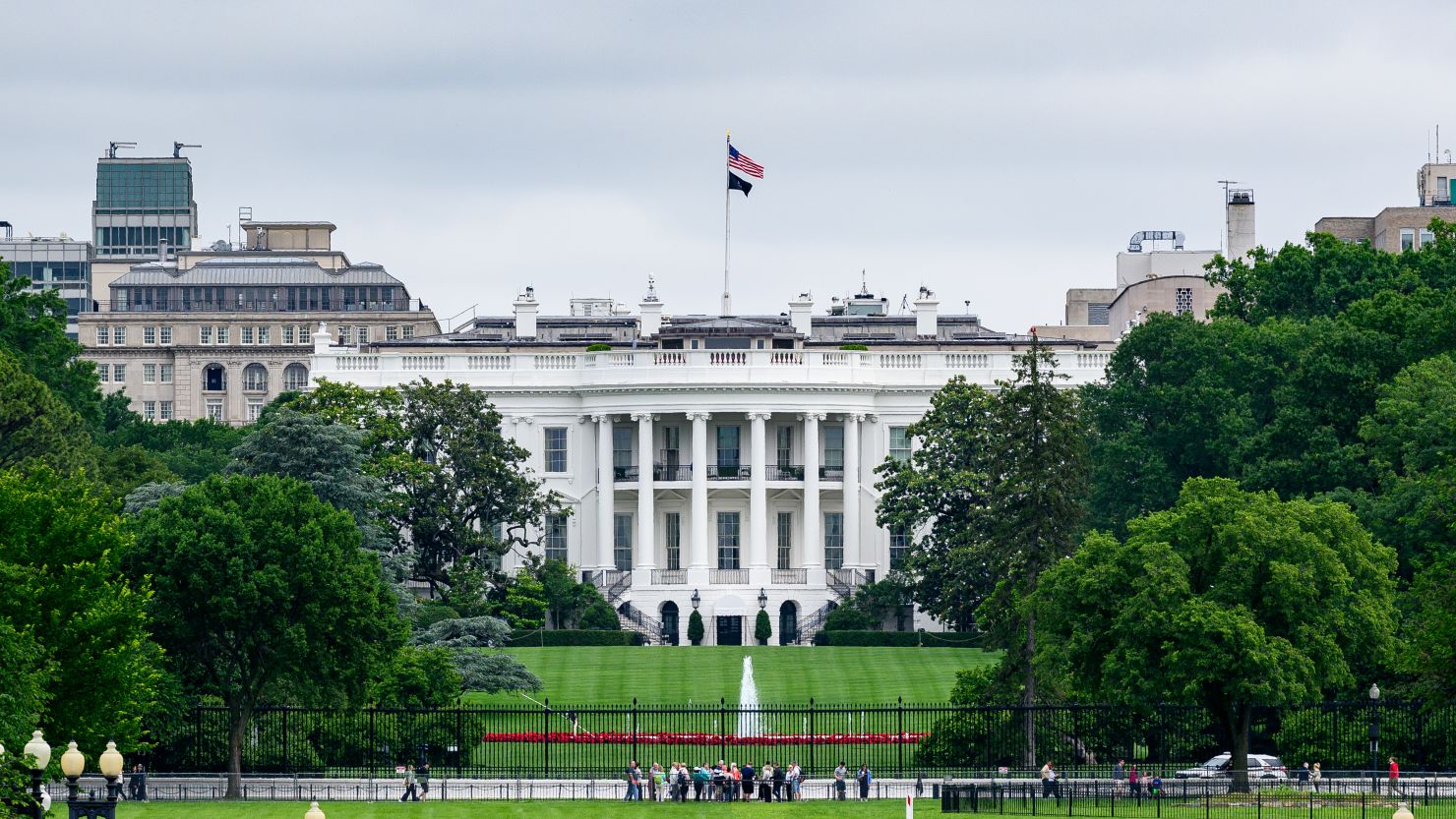Articles in this Cluster
30-05-2025
The article details escalating U.S. restrictions targeting Chinese students under the Trump administration, including aggressive visa revocations and limits on those with perceived ties to the Chinese Communist Party or “critical fields.” This follows years of tightening scrutiny since a 2020 order barring individuals linked to China’s military, which continued under Biden and often led to unclear visa denials or airport turnbacks. Chinese students report rejections, reduced offers in STEM fields due to espionage fears, and disrupted academic careers. Even those returning to China face growing suspicion and diminishing value of U.S. degrees, as domestic employers—amid Beijing’s anti-spy campaigns—increasingly avoid overseas-educated candidates. The result is widespread uncertainty and a sense of helplessness among Chinese students, who feel caught between deteriorating U.S.-China relations and politicized narratives on both sides.
Entities: Chinese students, Trump administration, U.S. visa restrictions, Chinese Communist Party, STEM fields • Tone: analytical • Sentiment: negative • Intent: inform
30-05-2025
CNN reports rising anxiety among Chinese students in the U.S. after the Trump administration vowed to “aggressively revoke” visas for Chinese nationals, including those linked to the Communist Party or studying in “critical fields.” The announcement, made by Secretary of State Marco Rubio, follows recent actions against elite universities and a halt to new student visa appointments. Students recount revocations at the border, interrogations about party ties, and multi-year bans, fueling fear, confusion, and mental stress. Many are canceling travel, avoiding reentry risks, and worrying that broad definitions of party connections—common in China via the Communist Youth League or family memberships—could jeopardize their status. Beijing condemned the move as discriminatory. The policy echoes a 2020 Trump-era restriction on Chinese STEM graduates and threatens academic plans, research productivity, and the U.S. higher education ecosystem that has long benefited from Chinese students.
Entities: Chinese students, United States visas, Trump administration, Marco Rubio, Communist Party of China • Tone: urgent • Sentiment: negative • Intent: inform
30-05-2025
The Trump administration, via Secretary of State Marco Rubio, announced it will “aggressively” revoke visas for Chinese students, focusing on those in undefined “critical fields” or with alleged ties to the Chinese Communist Party, and will tighten scrutiny of future applications. The vague criteria have alarmed more than 277,000 Chinese students in the U.S., prompting fears about sudden loss of study and work opportunities, discouraging travel, and pushing some to consider Canada or Europe instead. Universities warn of academic and financial impacts given heavy reliance on Chinese students, especially in STEM and as tuition payers. Students describe a climate of uncertainty and anxiety, citing concerns over social media activity, minor infractions, and long-term academic plans, while universities call the moment confusing and chilling.
Entities: Trump administration, Marco Rubio, Chinese students, Chinese Communist Party, United States • Tone: analytical • Sentiment: negative • Intent: inform
30-05-2025
The article argues that the Trump administration’s move to aggressively revoke and deny visas for Chinese students marks a sharp break from decades of U.S.-China people-to-people engagement that began with Deng Xiaoping and Jimmy Carter. While acknowledging legitimate security concerns about espionage and ties to China’s military-industrial complex, the piece contends the new policy overreaches by broadly treating Chinese students—especially in STEM—as security risks. This risks accelerating a historic brain drain away from the U.S. to countries like Canada and Australia, undermining U.S. innovation and soft power. It also likely backfires politically: research shows that discrimination and xenophobia encountered in the U.S. can push Chinese students away from liberal democratic values. With Chinese youth increasingly disillusioned under Xi Jinping and seeking opportunities abroad, the author argues the U.S. should capitalize on this influx of talent rather than closing doors, warning that blanket restrictions blur the line between targeting the Chinese Communist Party and penalizing the Chinese people, many of whom have routine party-linked affiliations.
Entities: Trump administration, Chinese students, U.S.-China engagement, STEM fields, Chinese Communist Party • Tone: analytical • Sentiment: negative • Intent: warn
30-05-2025
The essay argues that the U.S. made a grave strategic error by deporting Qian Xuesen, a pioneering rocket scientist who helped found Jet Propulsion Laboratory and contributed to early U.S. missile and space efforts. Cleared of espionage but expelled amid McCarthy-era xenophobia, Qian returned to China in 1955, where he built its modern missile and space programs, accelerating China’s rise as a military and technological power. Citing this history, the piece warns that current moves to restrict Chinese students and researchers risk repeating the mistake: undermining America’s long-standing advantage of attracting global talent and potentially empowering rivals with the very expertise the U.S. rejects.
Entities: Qian Xuesen, United States, China, Jet Propulsion Laboratory, McCarthy era • Tone: analytical • Sentiment: negative • Intent: warn
30-05-2025
The Chinese embassy in Washington issued a formal protest after U.S. Secretary of State Marco Rubio announced plans to aggressively revoke visas of Chinese students—particularly those in “critical fields” or with ties to the Communist Party—and to heighten scrutiny of applicants from mainland China and Hong Kong. Beijing condemned the move as xenophobic, with the embassy’s public démarche escalating the response. The policy has sparked backlash in both the U.S. and China, with affected students expressing anxiety and critics warning of discrimination and harm to academic exchange.
Entities: U.S. Secretary of State Marco Rubio, Chinese embassy in Washington, Beijing, Chinese students, Communist Party of China • Tone: urgent • Sentiment: negative • Intent: inform
